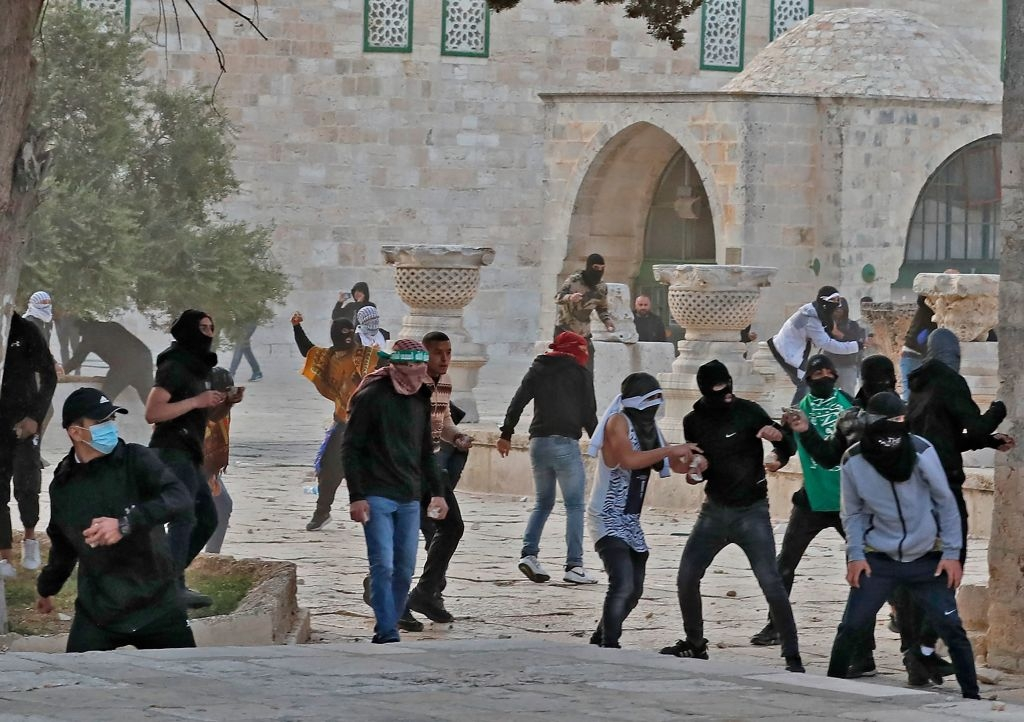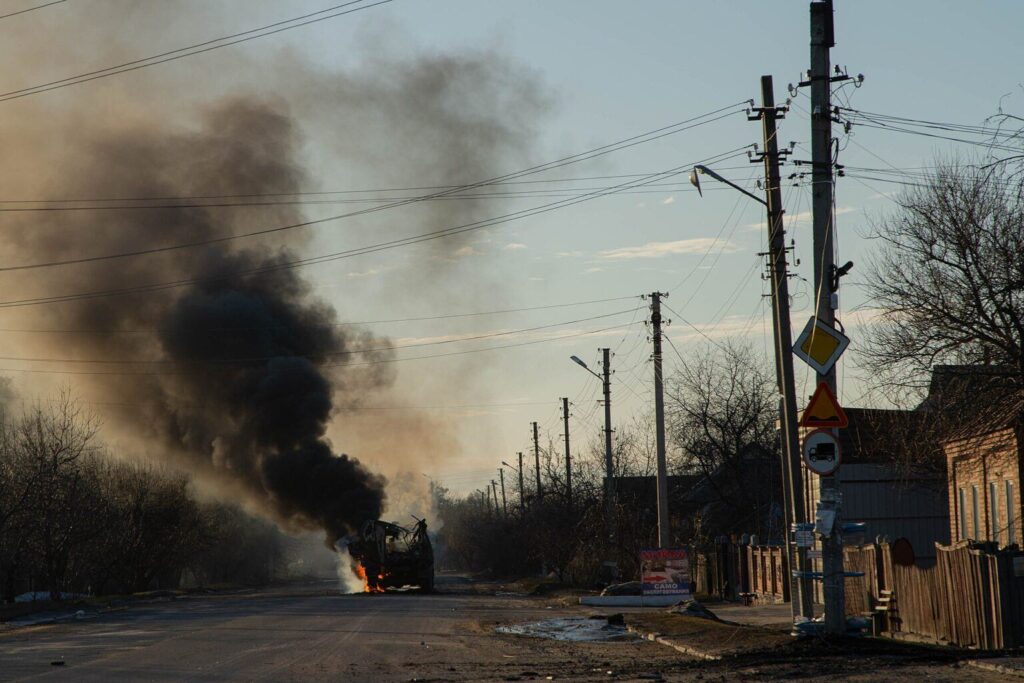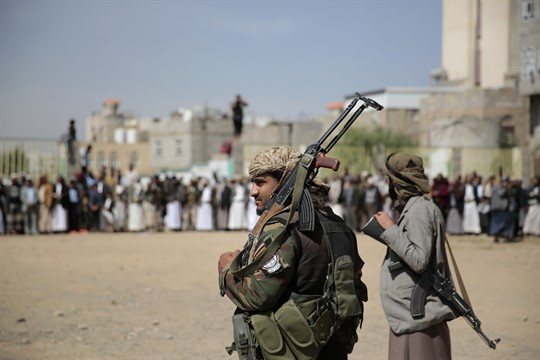The Middle East Abhors a Vacuum

It seems fantastical, but observers may soon look back on the late twentieth century as a period of relative stability in the Middle East. Although there was no shortage of conflict and mayhem, the violence rarely led to dramatic change. No states were conquered and eliminated outright. Dictators came and went, but borders and even regimes changed little. After 1973, most of the major countries in the region stopped fighting one another directly, opting for terrorism and insurgency—strategies of the weak—over conventional attacks. Iraqi President Saddam Hussein and the Libyan leader Muammar al-Qaddafi took longer to learn. Indeed, Saddam never really learned at all. But they were the exceptions that proved the rule.








